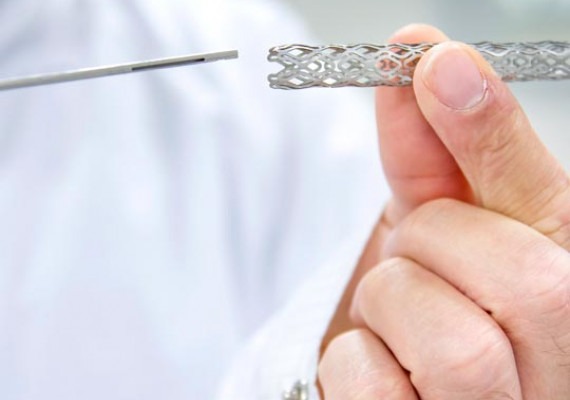IMODE

Innovative MulticOmponent Drug dEsign (IMODE) for enhancing regional strategic advantages in pharmaceutical and biomedical applications
Priority Axis
Technological and Social InnovationSpecific objective
Technological Innovation
Lead partner
Université de LilleContact
Start Date
01/07/2016End Date
30/06/2021Project budget
3 576 035 €ERDF amount
5 960 059 €ERDF rate
167%About
Common challenge
The ability to efficiently deliver a drug to the patient depends on its solid-state properties. Most drugs are challenging to deliver because they are not water-soluble. This provides the impetus for developing new approaches to design enhanced pharmaceuticals. The use of multicomponent drug designs, such as co-crystal or co-amorphous systems, is an emerging area of interest worldwide with enormous potential.
Patients with chronic conditions require the use of a wide range of different medications. Using a single dosage form to deliver multiple drugs would greatly improve adherence to treatment and quality of life. The IMODE project was motivated by the unmet need for developing solutions to address societal challenges for improved healthcare (personalised medicines for patients) and novel, effective medicines for various cardiovascular or digestive diseases (colon targeting), which have inadequate or lack of treatment, while maintaining low medical costs.
This was planned in collaboration with academic research groups and SMEs through a transdisciplinary applied research program in materials science, pharmacy, biology, and medicine. The project was designed to strengthen innovation in the 2 Seas area to obtain a strategic advantage for novel pharmaceutical and medical applications, bridging the gap between academia and the private sector.
Overall objective
Main outputs
Cross border approach
Main Achievements
The project came to an end in 2021. Through a robust and fruitful cross-border collaboration, the IMODE project has achieved remarkable success across three key categories. Under the topic of New Materials & Formulations, the project has delivered groundbreaking results, including the development of 6 novel pharmaceutical cocrystals, the creation of a non-viral hybrid polysaccharide nanogel for gene delivery, the design of a thin polymeric film for targeted drug delivery to the colon, and the introduction of a bio-based excipient for controlled release.
In the domain of New Processing Technologies, Protocols & Methodologies, IMODE has introduced two innovative processes for efficient pharmaceutical cocrystal synthesis, a smarter protocol to enhance the dissolution rate of poorly water-soluble drugs in a polymer matrix, a faster methodology to determine the complex phase diagram of drugs dispersed in polymer matrices, and two new experimental/numerical techniques for accelerated cocrystal screening.
In the arena of New Medical Devices, the project has designed and tested two stents for the treatment of coronary artery diseases, undergoing rigorous in vivo/in vitro tests and exome analysis to validate their efficacy.
The tangible outcomes of Project Partners efforts are vast and impactful. The project has contributed significantly to the academic landscape with 22 scientific publications in high-impact factor journals and 39 oral presentations at prestigious international conferences. Moreover, the team has filed 4 patents and submitted 2 "Invention disclosures," reflecting the innovative nature of their work. Participation in six conventions, including events in Greenwich, Lille (BIOFIT&MEDFIT), and Marseille (BIOFIT), has fostered collaboration between academia and companies, further evidenced by a multitude of B2B meetings.
A culminating achievement was the organization of a Final Event online in the framework of BIOFIT in December 2020 in Lille. Additionally, the project facilitated two training schools at the University of East Anglia and the University of Lille in 2018, contributing to the training of 11 Ph.D. candidates. Beyond its immediate scope, the IMODE partnership played a pivotal role in obtaining the Erasmus+ Joint Master BIOPHAM (Bio & Pharmaceutical Materials Science), showcasing its substantial impact on education and collaboration in the field.
Testimonial
The project’s overall objective is to bring together the specific transdisciplinary skills and experiences of partners (academic research groups, development agencies, SMEs) in order to provide the 2 Seas area with strategic advantages for innovative pharmaceutical and medical applications. It is remarkable that such skills are grouped in the same geographical area; such a project could certainly not be carried out elsewhere.
